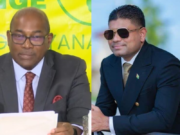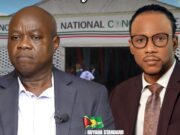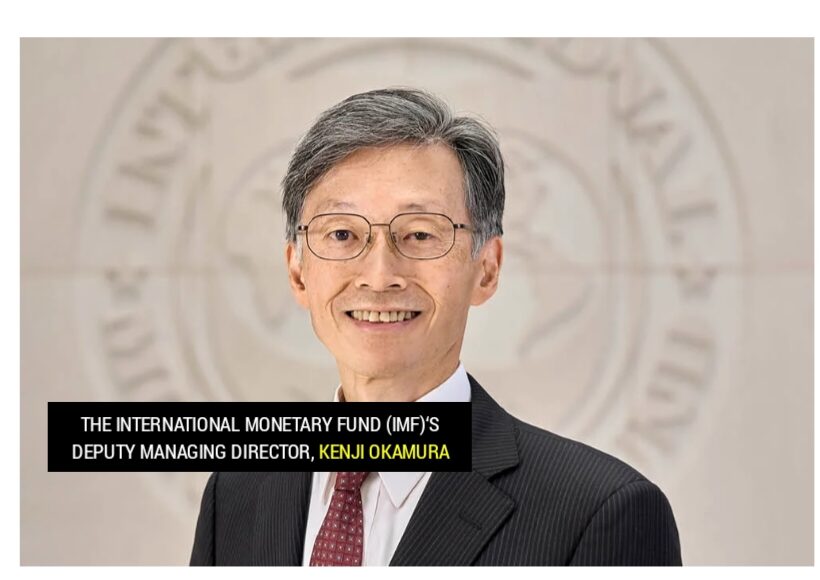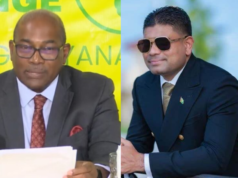The International Monetary Fund (IMF)‘s Deputy Managing Director, Kenji Okamura, has lauded Guyana’s strides in economic reform, noting that the country’s economic trajectory can now serve as a model for other nations. In fact, Vice President ,Dr. Bharrat Jagdeo, while speaking on his engagement with the official during his recent visit to Guyana, noted that Okamura was quite impressed.
“He has come and said we’re happy with what’s going on in Guyana,” Jagdeo said. He added that the IMF’s recognition of Guyana’s reform efforts comes at a pivotal juncture as the nation navigates significant economic shifts, particularly in the wake of burgeoning oil revenues. This he said positions the nation to work along with the IMF and serve as a key partner for policy advice.
In a statement issued at the conclusion of his visit, Okamura commended the government’s initiatives, emphasizing their positive impact on healthcare, education, housing, and infrastructure development, fostering a more inclusive and resilient economy.
Further, he pinpointed Guyana’s visionary Low Carbon Development Strategy 2030, recognizing its role in supporting indigenous communities, financing climate adaptation measures, and promoting renewable energy solutions. He underscored the strategy’s ambitious targets, including marine conservation and biodiversity preservation.
It was also noted that despite the economic boom, Guyana faces significant challenges in human and infrastructure development. To this end, Okamura voiced support for the government’s focus on public investment while cautioning against potential risks of overheating. Overheating refers to a situation where an economy is growing at an unsustainable pace, leading to inflationary pressures and potential economic imbalances. As such, he emphasized the importance of maintaining macroeconomic stability and debt sustainability.
Discussions also centered on Guyana’s efforts to cultivate a skilled workforce and reduce food imports in the Caribbean region, with Okamura applauding the nation’s commitment to achieving food security goals. “We also discussed, and I applauded the authorities for driving the charge to reduce food imports by 25 percent in the Caribbean region by 2025 and move closer to the goal of achieving food security,” he shared.
The visit he said, concluded with discussions on deepening cooperation between Guyana and the IMF through ongoing policy dialogue and technical assistance, reaffirming a steadfast partnership in advancing the nation’s economic agenda.
Nevertheless, Jagdeo during his press conference elucidated on the IMF’s potential role in bolstering Guyana’s financial landscape, stating, “Now we need to grow the financial sector. The banking system needs to evolve in sophistication because our economy is changing.” He further highlighted the importance of capital markets development, citing the need for a robust framework that incentivizes companies while ensuring accountability.













